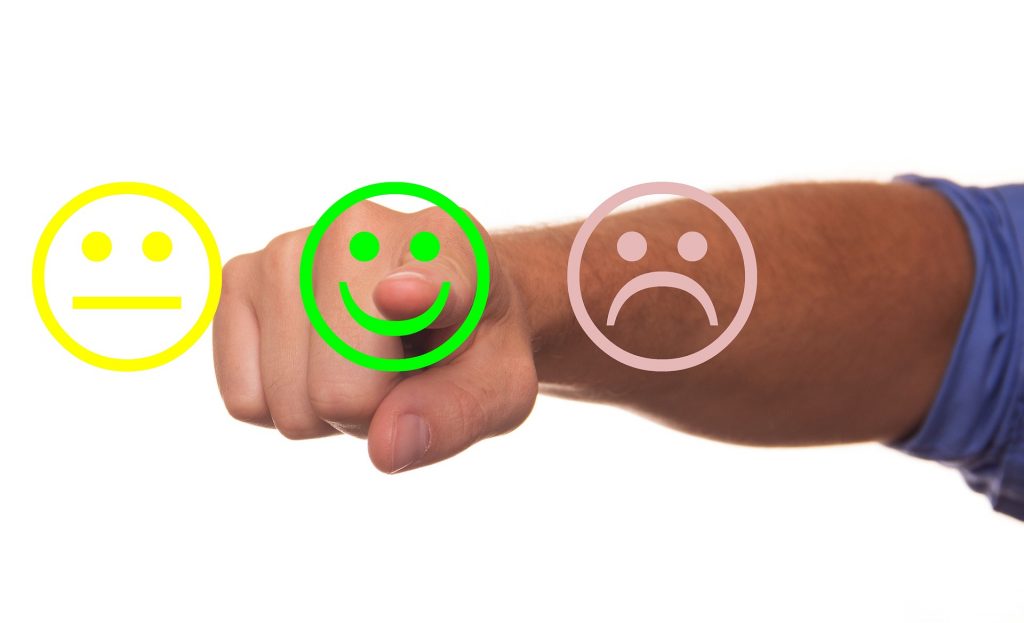
We are constantly inundated with others’ opinions. They are there in our conversations, our entertainment, on billboards, in newspapers and on the Internet. The advent of social media has exponentially increased those opinions directly related to us. For many people, their life is greatly impacted by clicks and likes or the lack of them. Those opinions lead us to determine who will be our friends, our lovers, what products we will buy, what job we will do and how we will do it. The list just goes on and on. We would not know how to live, if it were not for opinions. How well we deal with others’ opinions will play a significant role in our sense of self and what we see is possible.
So what are opinions that they should have such an impact on us? Simply put, they are stories we have that are based in our assessments of the world. They are how we orient ourselves to the world as we attempt to navigate the uncertainty of life. Fundamentally they represent what we see as good and bad such that we are drawn towards the good and away from the bad. As we are always making sense of the world, we are also always making judgements and using them to determine our actions. Making good assessments is therefore one of the keys to leading a successful life.
So what impact do others’ opinions have on us? Fundamentally, others’ opinions shape our own. Because we live in a social world, we are constantly in a dance with other people. We want to be accepted by them. We want to fit in. In part, we do this by taking on board others’ opinions and adopting them as our own. Given that we are constantly flooded with opinions, why do we choose to take on some and not others? The answer to that question lies in the authority we give to the person giving the opinion. This is why advertising companies often put well known people in their advertisements. It is why we take heed of our parents’ opinions when we are young and why our boss’ view carries weight. We give them the authority to make judgements that will give meaning to us.
It is also important to note that authority is based on our assessments! We have an opinion about the weight of someone’s view and accordingly, we are more or less likely to adopt their opinion as ours. For example as we grow into our teenage years, we give less authority to our parents and more to our peers. Our parents’ opinions begin to count for less and our peers for more.
This is not to say that we do not have our own opinions and make our own assessments. Indeed, we do. The point is we grew up in a world of assessments. Many of those assessments existed before we did, yet we adopted them as our own. They live in our standards, what we believe to be right or wrong, good or bad. We may well have changed some of those assessments as we grew older but many we have never even questioned.
Part of our growth as a human being lies in questioning our assessments and where they came from. This is not to say we abandon them. However, if we are unhappy about certain areas of our life then exploring our assessments in this domain and how we came to them, can be very helpful in improving that aspect of our life. For example, I have come across stories of people who have been living in the assessments of their parents even though they had been dead for twenty years.
It is important to remember our assessments are not immutable. They live within us and are within our power to change. We are all caught up in a web of our own and others’ assessments. We gain greater freedom in life if we understand where our opinions come from, why we accept them as our own and to change them if they do not serve us well.
Related Concepts
The Linguistic Acts
Assessments
Grounding Assessments
The Basis of Relationships
Collective and Personal Authority
Three Levels of Story